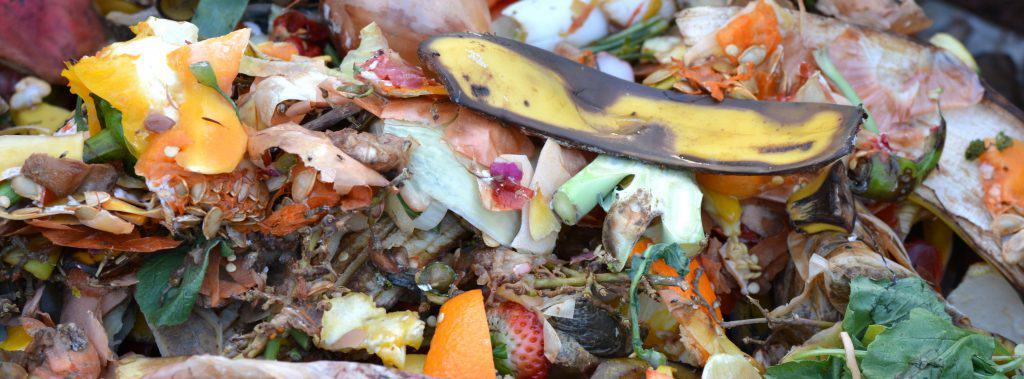
One of the biggest obstacles to sustainable agriculture in South Africa today, is the large amount of organic waste produced by farms. Re-using this carbon- and nutrient-rich waste to benefit plants and animals instead of polluting rivers, could contribute to efforts to make agriculture sustainable.
Dr. Elmi Lötze of Stellenbosch University and collaborators from Nelson Mandela Metropolitan University and University of Limpopo tested different ways to turn farm waste into a compost that fertilises soils and helps them to retain water.
High-quality products need to be produced in a way that protects and improves the environment, benefits farmers, their employees and local communities, and safeguards the health and welfare of all farmed species
The research forms part of the DST-NRF Centre of Excellence in Food Security’s (CoE-FS) ‘Food Creation’ thematic area of research. To process organic materials from different sources like cow manure or fruit waste, Lötze and her team of collaborating researchers used a similar fermentation method to the one that produces beer and cheese. In this case, microbes within airtight (anaerobic) reactors break down solid organic matter in the waste. The resulting sludge, a mixture of solids and liquids, needs further processing before it is safe enough to be used on soils.
“We tested the liquid component of the sludge for beneficial nutrients; bacteria that could be harmful to humans and animals; and anything else that could be toxic to seeds and plants,” explains Lötze. They then used the liquid portion to provide nutrients for growing plants and fish together, in a soil-less system known as aquaponics.
The researchers intended to use the solid portion as compost to fortify soil. However, they could not obtain enough to test it on farms and are therefore developing ways to increase volumes. Once developed on a larger scale, this renewable, recyclable waste system will benefit the environment by reducing farm waste. It will also help small-scale farmers remain sustainable by lowering input production costs and increasing income earned from farmed products.
related Articles
CoE-FS students and staff meet UN Special Advisor on Africa
Graduates, grantees and a team member from the DSI-NRF Centre of Excellence in Food Security (CoE-FS) recently joined United Nations…
Combatting climate change through engagement on food waste
Food security in middle-income countries is a growing concern that was brought into sharper focus during the COVID-19 pandemic and…
Unsung recycling heroes, waste reclaimers feel lockdown pinch
We don’t typically pay much attention to waste reclaimers. Yes, they’re ubiquitous, seen carting around, often in ‘commandeered’ supermarket trollies,…



